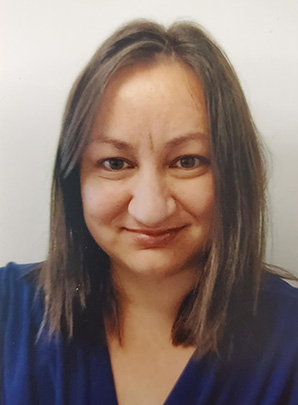Q. I am a newly diagnosed cancer patient. Needless to say, I'm on an emotional roller coaster as my life has changed drastically. The side effects have cause multiple issues, many not directly treatable and as a result I worry and experience anxiety on a number of issues: relationships, fertility, reoccurring cancer, finances and life expectancy. My question is how does a cancer patient find a therapist/psychiatrist (particularly one with experience with cancer patients)? Secondly, should cancer patients see a therapist or a psychiatrist?
I’m sorry that you are under so much stress and dealing with so much. It is perfectly understandable that you would have a lot of anxiety around these important issues. Because the mind and body are so connected, side effects from treatment often impact one’s state of mind as well. Getting emotional support as you face this experience is wise.
Here at CancerCare, we are oncology social workers and offer in-person counseling for people in New York City, New Jersey and Long Island. If you live outside of those areas, we offer short-term telephone counseling to help you cope with your cancer experience.
To find a longer-term therapist in your area who is skilled in working with people affected by cancer, try:
- Help Starts Here, through the National Association of Social Workers offers an online directory of clinical social workers, psychologists, psychiatrists, and other licensed professionals. You can search each database for clinicians who have experience in cancer issues.
Most therapists are social workers and psychologists, but some psychiatrists also provide therapy in private practice. Because of their medical training, psychiatrists are the only mental health professionals who can prescribe psychotropic medications. Many people see social workers, psychologists or other types of counselors for talk therapy while also seeing a psychiatrist for medication evaluation and monitoring, on a less frequent basis.
When choosing a therapist, one of the most important criteria to keep in mind is the rapport you have with him or her. You may have to shop around and it might take several tries. After each initial visit, ask yourself: How did I connect with that person? Does it seem like he/she “got” me? Can I talk freely with that person? Only you can decide which therapist is right for you. Pick someone with whom you can be open and honest, and who can support you through this challenging journey.

 Answered by
Answered by